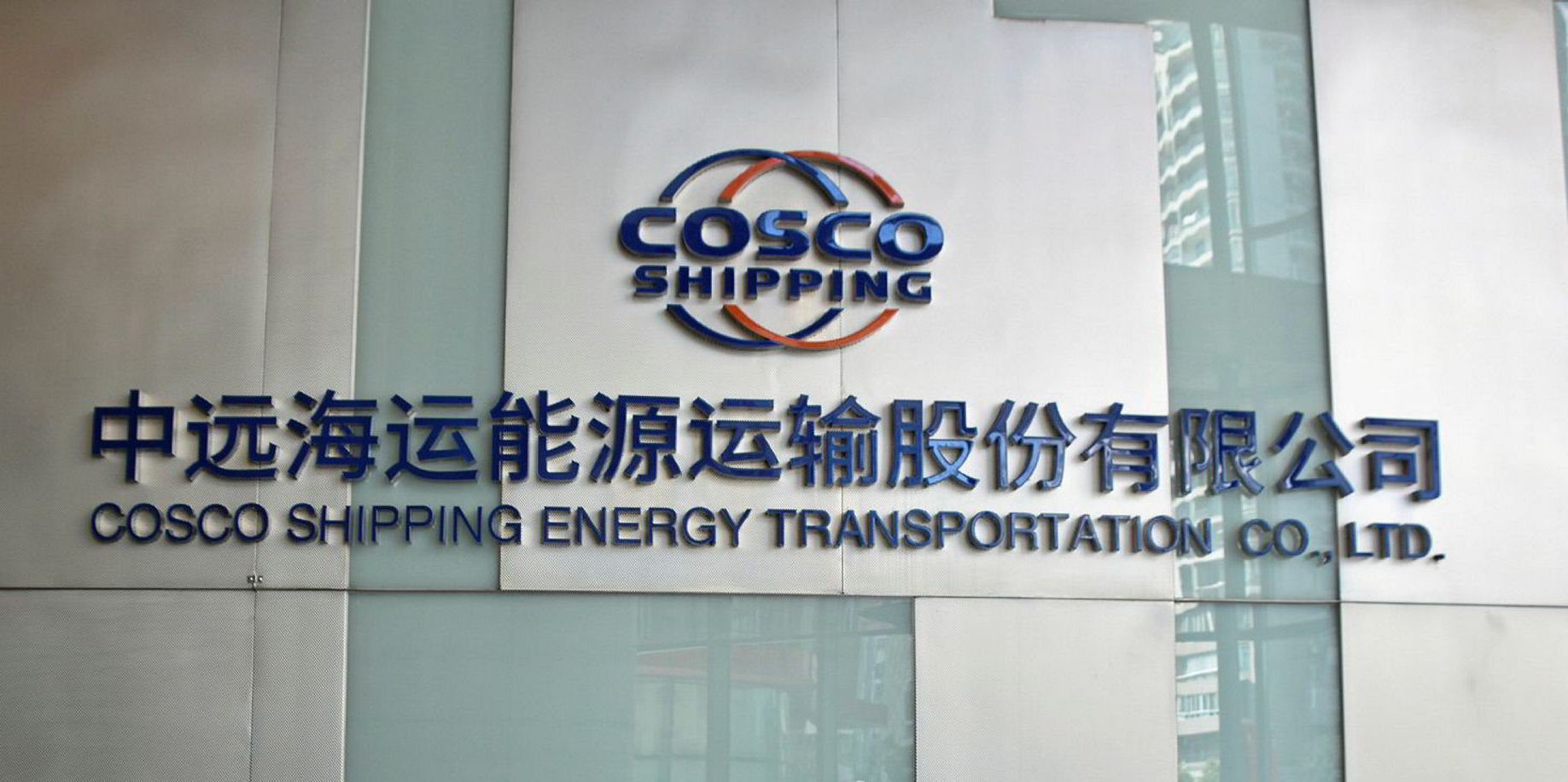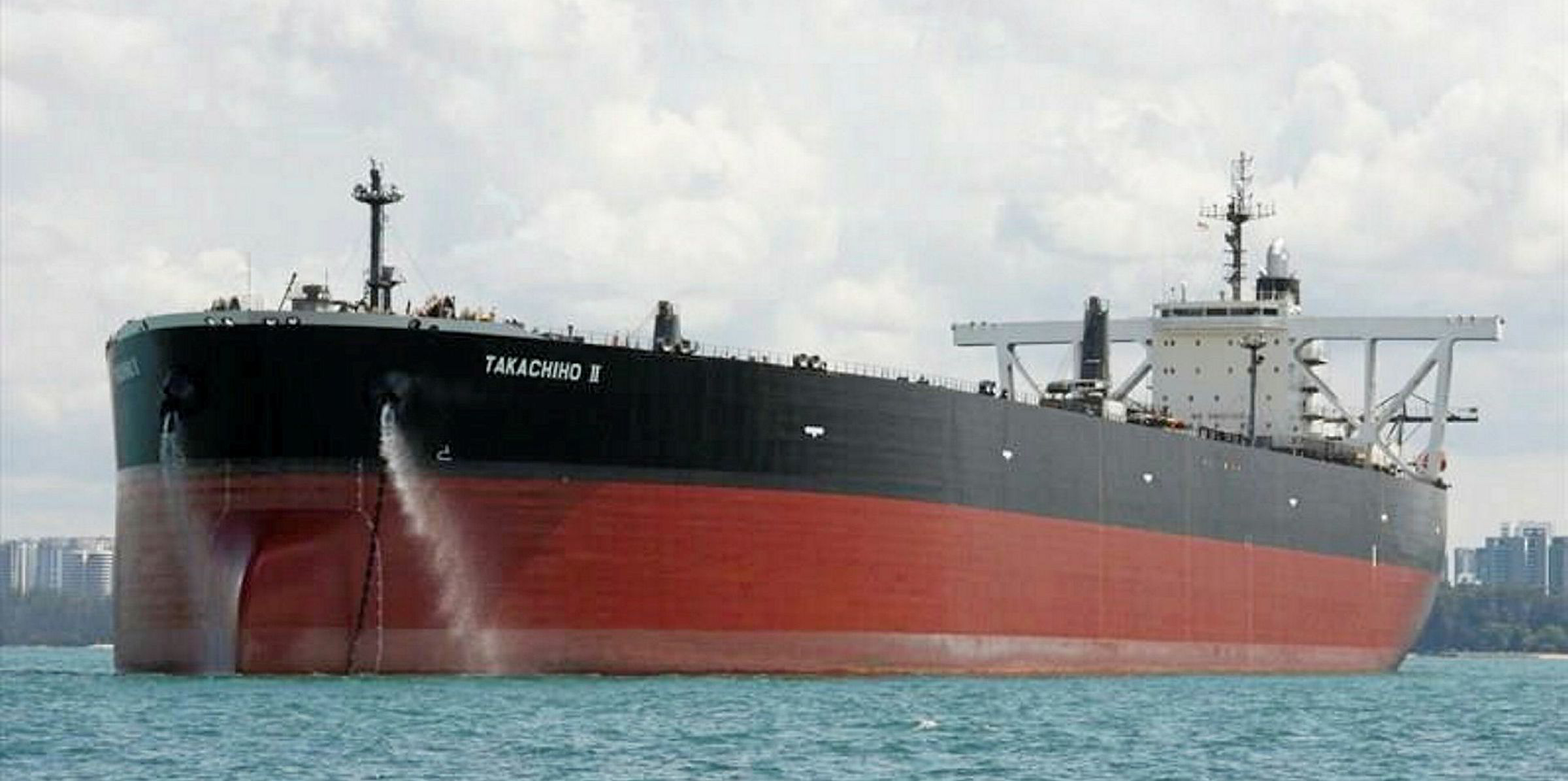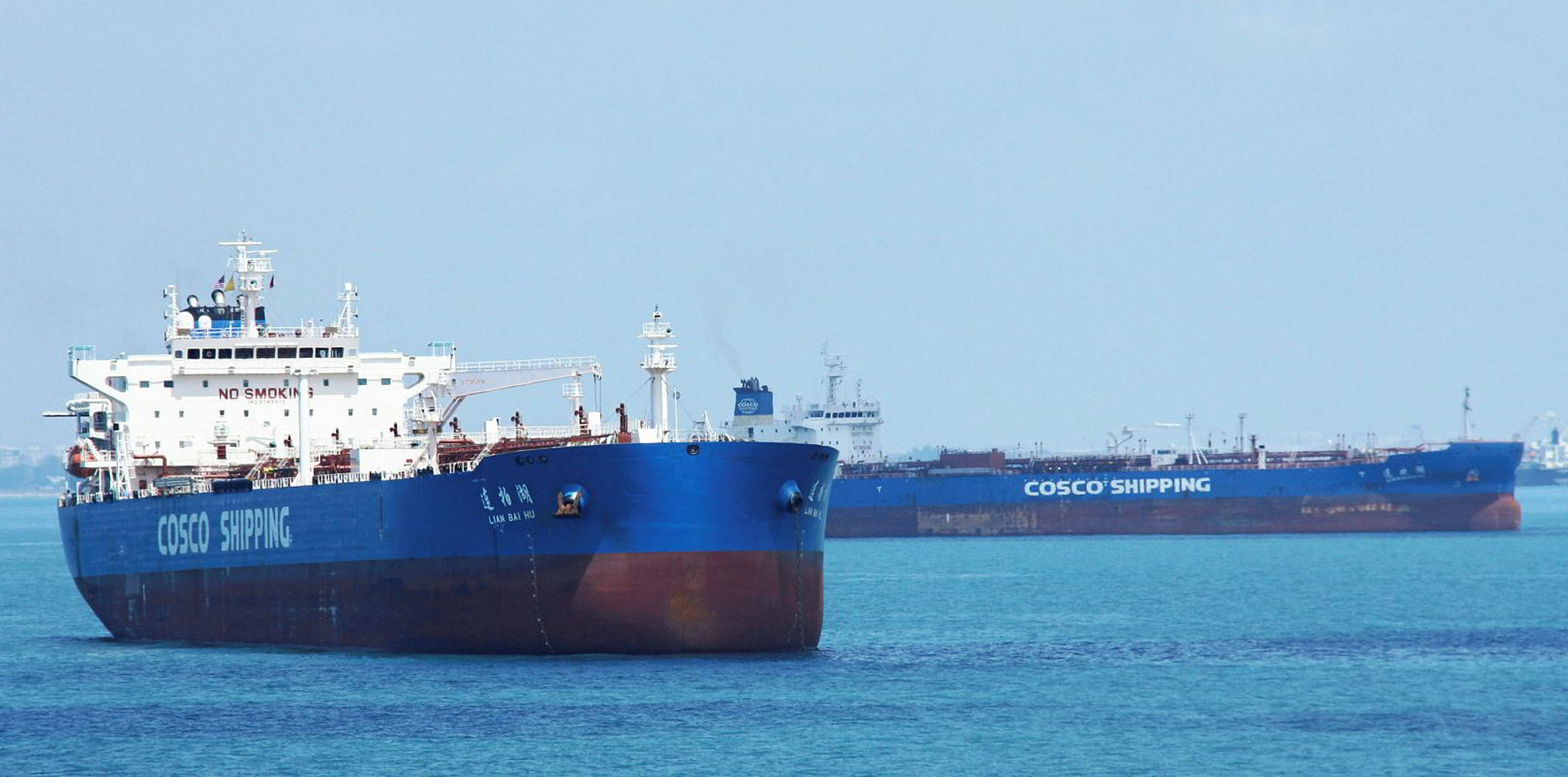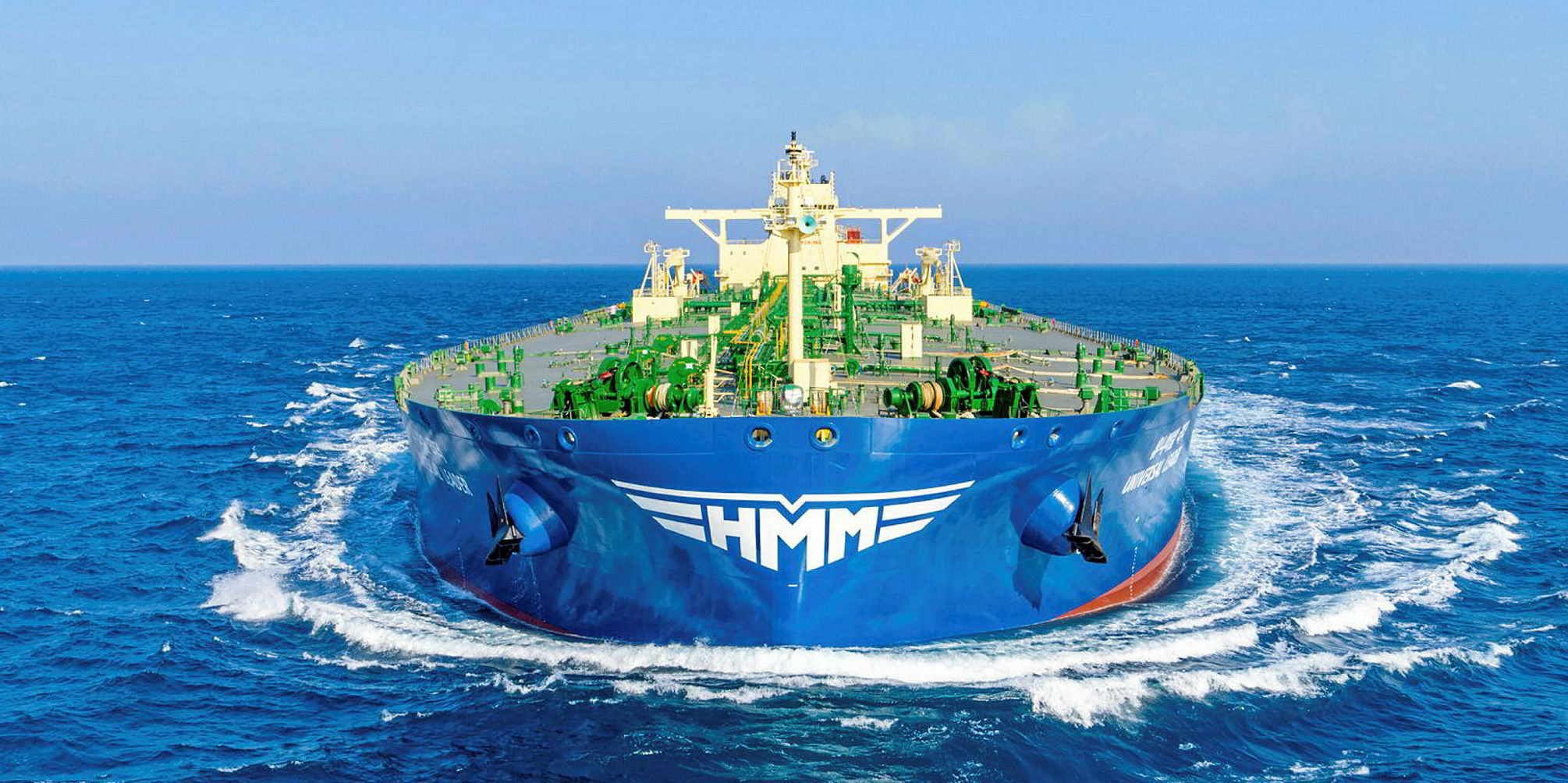Spot tankers rates are rising further in the main loading regions across the globe amid the continued fallout of Cosco Shipping Energy Transportation (CSET), the tanker subsidiary of state conglomerate China Cosco Shipping.
With Washington’s sanctions effectively removing the world’s largest crude tanker owner from international trading, vessel supply has tightened in the Middle East Gulf and Atlantic basin as charterers rush to find replacement vessels.
Spot earnings on the Middle East-China route were assessed by the Baltic Exchange at $57,186 per day as of Monday afternoon, the highest in 2019 and up 10% from Friday.
Data from Bloomberg showed Day Harvest chartered the Bahri-owned, 298,800-dwt Shaden (built 2017) for loading from Middle East on 16 October for a shipment to South China at Worldscale 92.5. A week ago, similar deals had been done at WS69.5.
For other routes, VLCC earnings for West Africa-China trade rose 45.9% week-on-week to $59,519 per day on Monday, while those for US Gulf-China trade increased by 48.5% to $57,383 per day.
“Cosco owns about 6% of the global VLCC fleet, making them the second largest owner of VLCCs,” Stifel said in a note.
“Thus a prohibition of the use of these ships even from just a limited number of regions could be disruptive to the global balance of trade.”
While the impact of CSET fallout has been most pronounced in the VLCC segment, smaller tankers are also feeling ripple effects.
Having cancelled its spot fixture of the CSET-owned VLCC Cosmerry Lake (built 2006), SK Energy chartered the 157,900-dwt Sonangol Porto Amboim (built 2012) and the 158,000-dwt Stena Supreme (built 2012) as replacement, according to brokers.
The two suezmaxes were reportedly chartered to load crude from the US Gulf between 14 and 16 October for shipments to South Korea at lumpsum rates of $5.8m each. Seeing the strong level, some vessel operators are deploying their tonnage to the US.
This has in turned led to tighter vessel supply in West Africa and northwest Europe, with some positive effects further cascading into the aframax segment. Aframax market sentiment has already been firm due to rising crude exports from Russia and Norway.
On the Baltic Exchange, average suezmax earnings were assessed at $28,978 per day on Monday, up from the week-ago level of $25,959 per day. Aframax earnings rose to $31,912 per day, up 63% on week.
Emails seeking comments from Bahri and SK Energy have yet to be responded at the time of writing.
Widespread impact
As for product tankers, earnings have been increasing in the LR segments.
On the Middle East-Japan route, LR1 earnings rose by 58.6% from the week-ago level to $8,058 per day on Monday, while LR2 earnings increased by 18.5% to $9,640 per day.
Aside from the removal of tonnage linked to CSET, the world’s fourth largest product tanker owner by shipping capacity, some analysts suggested LR rates were also boosted by rising longhaul demand.
With lower-than-usual Saudi gasoil exports following the earlier production outage, Braemar ACM expected East Asian exports to the West-of-Suez region to increase to at least 211,000 barrels per day (bpd) amid improved arbitrage economics in September. This compared with 73,000 bpd in August.
CSET owns its oil tanker assets via Cosco Shipping Tanker (Dalian) and Cosco Shipping Tanker (Shanghai). Since the US put the Dalian subsidiary on the sanctions list for allegedly violating Iran-related sanctions last Wednesday, the company has yet to comment on which ships are under Cosco Dalian’s ownership.
With the silence of CSET, many charterers are avoiding CSET tonnage altogether as precautionary measures, according to market sources.
“I am sure [the fleet details] will become widely known at some stage…[But] I doubt charterers will fix them presently,” said a London-based broker. “[The situation] is not very clear.”
Tanker owners tipped to benefit
Deutsche Bank (DB) analyst Amit Mehrotra said initial reports suggest the sanctions target 50 Chinese tankers, including more than 20 VLCCs.
"While there is much uncertainty, the sanctions should support broader tanker and LNG shipping markets as it effectively removes supply from the global fleet," he added.
"On the tanker side, the VLCC segment is expected to see the biggest uplift; however, the LR market could also realise tightening."
DB is expecting Euronav, Scorpio Tankers, Golar LNG and GasLog to be the primary beneficiaries of the Cosco blacklisting.
Russia's Novatek has said it does not expect Yamal LNG exports to be affected.






